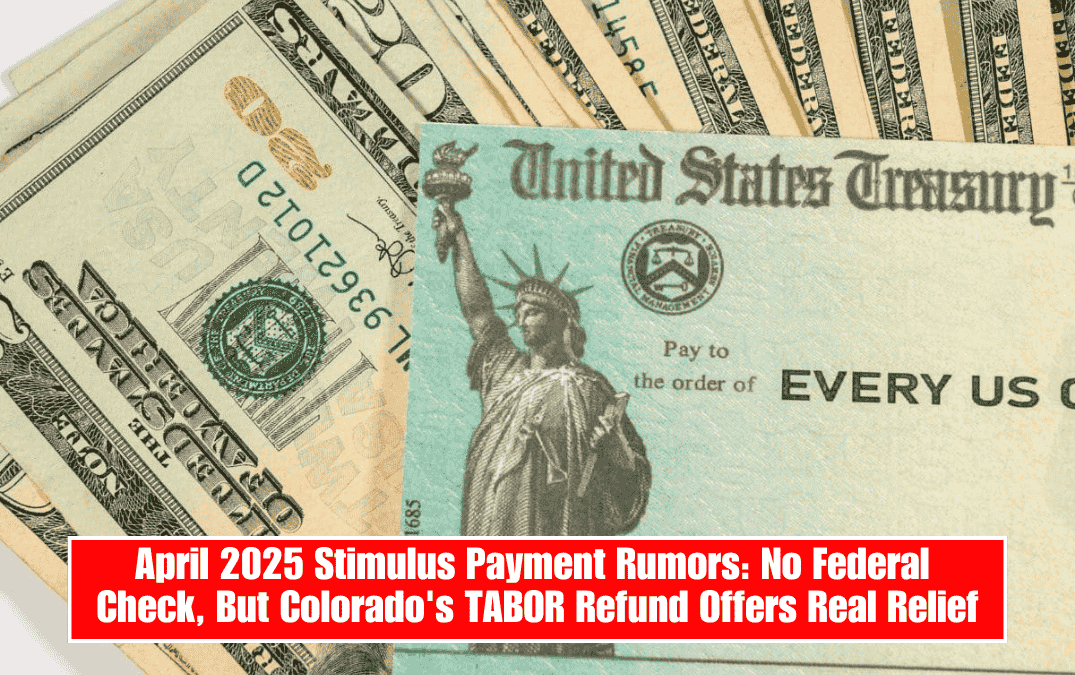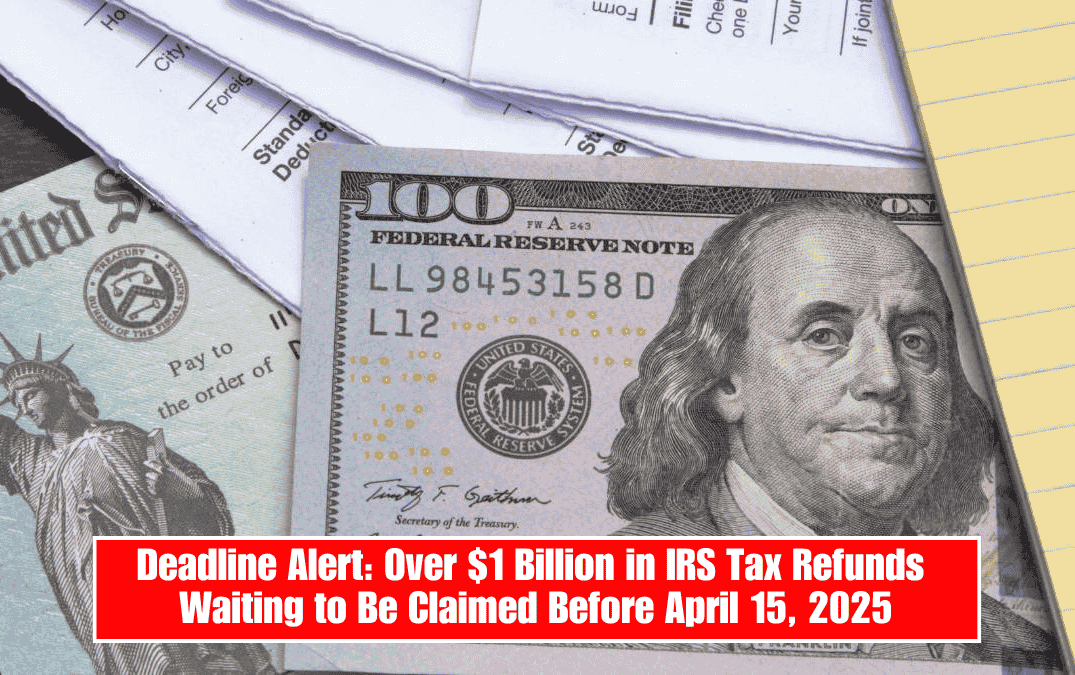$1,400 Recovery Refund Credit Deadline: How to Claim Your Missing Stimulus Check Before April 15, 2025
If you missed out on the third stimulus check during the COVID-19 pandemic, you still have a final chance to claim it through the Recovery Refund Credit—but time is running out. The IRS has set April 15, 2025, as the last date to file your 2021 tax return and request this credit, which can provide up to $1,400 per eligible person.
This money has been waiting since 2021, and over 1 million people across the U.S. are still eligible to receive it. If you’re one of them, here’s everything you need to know to make sure you don’t miss your opportunity.
What Is the Recovery Refund Credit?
The Recovery Refund Credit (RRC) is part of the IRS’s effort to ensure that everyone who qualified for the third Economic Impact Payment (EIP)—the stimulus check issued in March 2021—actually receives it. Some people either never received their payment or got less than they were supposed to due to reporting or filing issues.
Unlike the first two stimulus checks (March and December 2020), this credit is tied specifically to your 2021 tax return. If you did not receive the full amount you were entitled to, you could claim the difference through the RRC.
Who Can Claim the $1,400 Stimulus Check?
To be eligible for the maximum Recovery Refund Credit of $1,400, you must meet these requirements:
- Filed a 2021 federal tax return, or do so before April 15, 2025
- Had an adjusted gross income (AGI) of:
- – $75,000 or less if single
- – $150,000 or less if married filing jointly
- Were not claimed as a dependent on someone else’s tax return
- Had a valid Social Security number
Even if you had little or no income in 2021 and were not required to file a return, you can still qualify—but you must file a return before the deadline.
How to Claim the Credit
If you haven’t already claimed the credit or filed your 2021 return, follow these steps:
- File your 2021 tax return before April 15, 2025—even if you don’t owe taxes.
- Use IRS Form 1040 and include the Recovery Rebate Credit on the appropriate line (line 30).
- File electronically using IRS Free File or approved tax software, or mail a paper return.
- Choose Direct Deposit for faster payment, or expect a check by mail if that’s your preferred option.
If you already filed but forgot to include the credit, the IRS will automatically adjust your refund in most cases. However, if you believe there was an error or the amount was wrong, consider submitting an amended return (Form 1040-X).
How to Check If You Already Got the Payment
To verify your eligibility or confirm if you already received the third EIP, log into your account on the IRS website and review your payment history. Compare the listed payments to your 2021 return and bank records to avoid duplicate claims.
Why It’s Urgent to Act Now
An IRS report shows that around 12% of eligible Americans never claimed their 2021 credit—mostly due to confusion or filing mistakes. The total unclaimed funds are estimated at $2.4 billion.
The IRS has clearly stated that April 15, 2025 is the absolute last day to file and claim this credit. After that, you cannot claim the money—no matter your situation.
Is the Credit Taxable?
No, the Recovery Refund Credit is not taxable at the federal level. However, some states may count it as income, depending on local tax rules. To be safe, check with your state or city tax office.
Can the Payment Be Garnished or Offset?
The IRS does not reduce this payment for most debts, but there are exceptions—such as for child support or certain federal debts. If applicable, part of your refund may be withheld.
If you never received the third stimulus check, or only got part of it, you may be owed up to $1,400 through the Recovery Refund Credit. But the window is closing fast. Make sure to file your 2021 tax return by April 15, 2025, to claim what you’re owed. For many families, this money can provide a valuable financial cushion—so don’t miss out.















